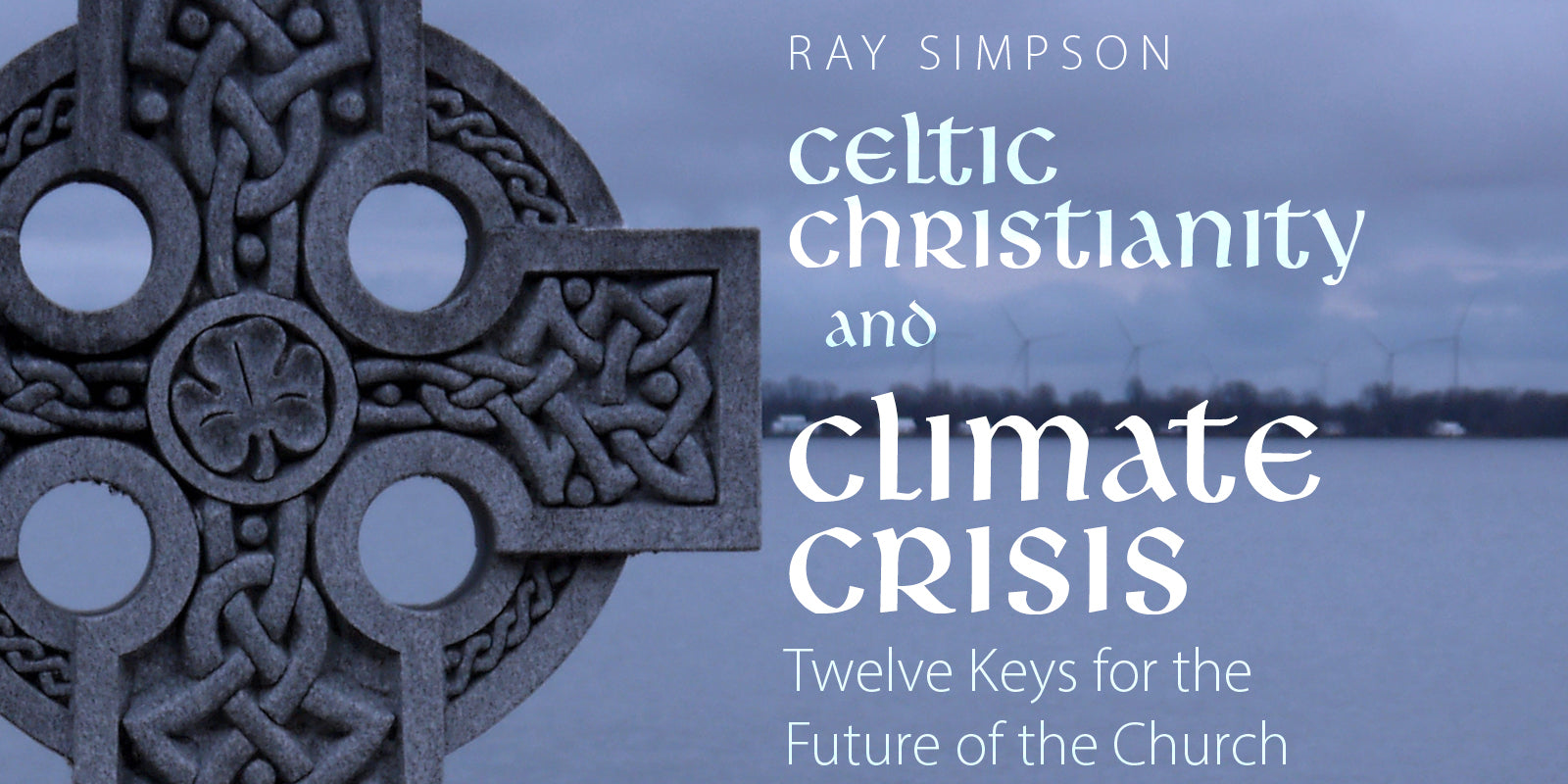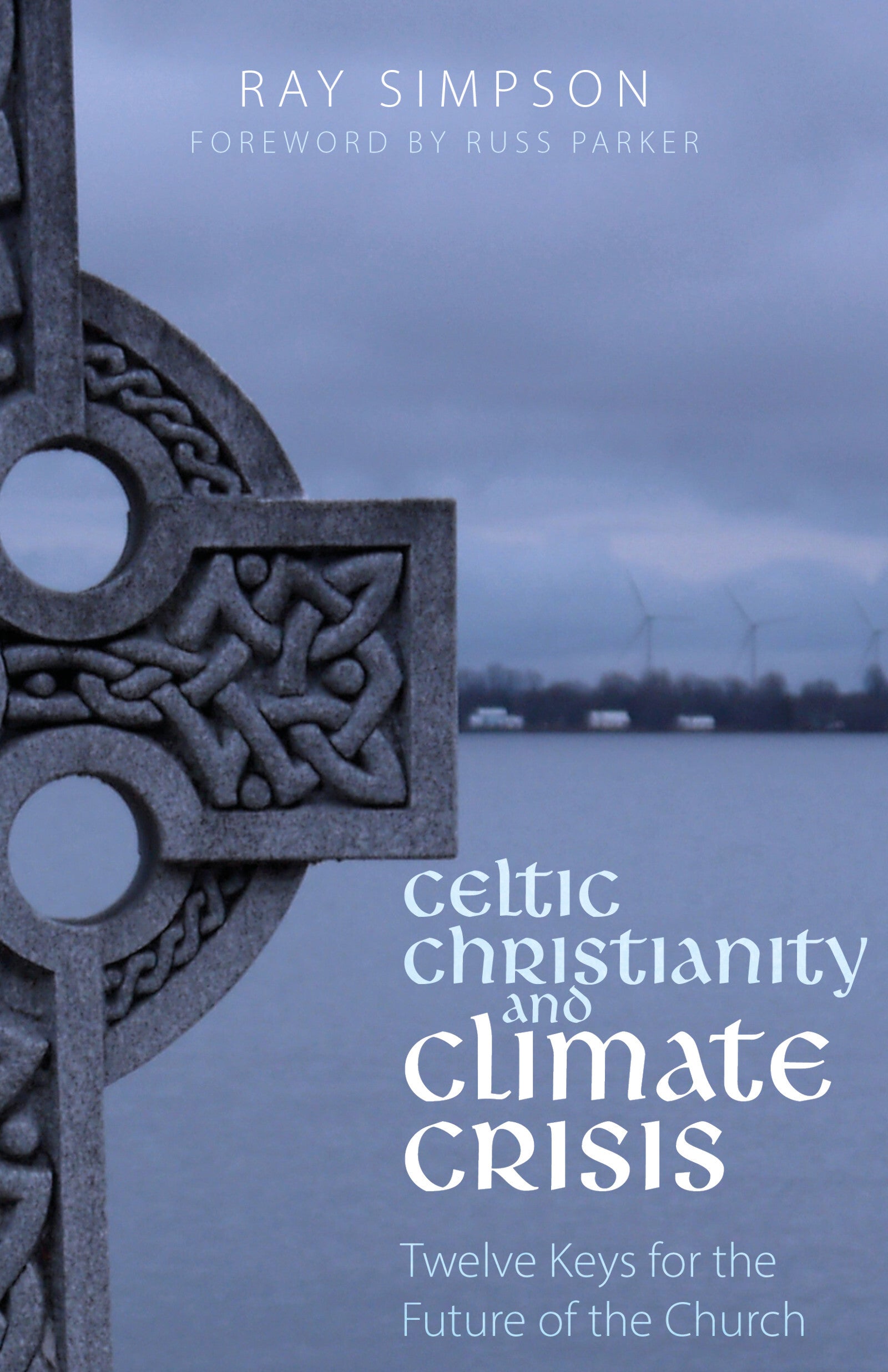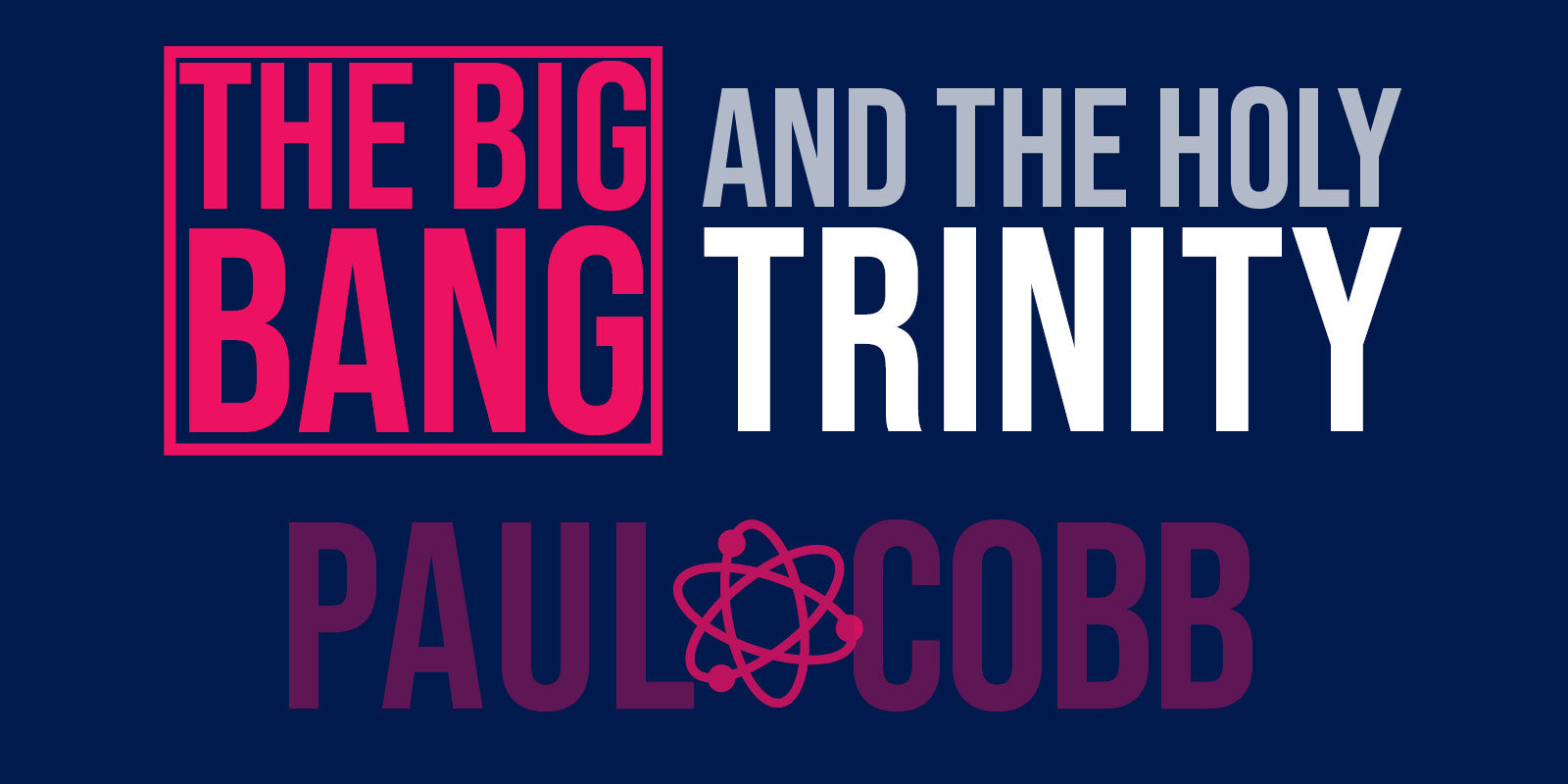GUEST BLOG: As part of our August #ThemeOfTheMonth author Ray Simpson argues that the modern Church has repeatedly failed to respond adequately to the realities of climate crisis. He points the Church back to Celtic Christianity as a model for embracing a new eco-friendly pattern of being.
As the Glasgow Climate Summit approaches, governments around the World mouth promises but fail to deliver. China, India, Germany, and Brazil continue to massively pollute and the UK fiddles while whole regions burn. Capitalists make profit god while they rape the earth and climate deniers still pull the world’s strings. Without a massive revolution we have less than a decade left of civilized life on earth.
From start to finish the Scriptures teach that we reap what we sow. The Bible starts with the story of humans’ lust to take control of earth: the blood spilt by Cain’s lust to control makes the earth sterile (Genesis 4:8-12). The Gospels end with an earthquake and the sun’s eclipse caused by humans killing the Son of God through whom all creation gets its life (Matthew 27:45-52; John 1:3). The prophets repeatedly point out that human mistreatment makes the earth sterile: ‘You have polluted the land with your whoring and wickedness. Therefore the showers have been withheld and the spring rain has not come’ (Jeremiah 3:2, 5). ‘Because everyone is greedy for unjust gain… there are no grapes on the vine, nor figs on the trees; even the leaves wither’ (Jeremiah 8: 2b, 3, 13). ‘Because everyone… is greedy and deals falsely’ (Jeremiah 8:10) ‘the mountains and pastures are laid waste’ (9:10). ‘The earth will become a wasteland because there is no one who cares’ (12:11).
Yet – despite the growing crisis and the clear Scriptural call – churches repeatedly fail to respond. They fail to use eco heating, fail to re-wild their churchyards, fail to promote local food sharing or teach the biblical truths about creation-care. Most campaigners against climate extinction dismiss Christianity as a colonial religion that treats the earth as a refuse bin since heaven is all that matters. The need to point to creation-friendly traditions within Christianity is urgent.
My book Celtic Christianity and Climate Crisis does just this. It points out that Athanasius presents Jesus’ baptismal immersion in the river Jordan as a restoration of God not only with humans (Adam) but with all creation (Eden). Chrysostom taught that our baptism is meant to be a sign of our life-long calling to restore the divine communion with creation. The Celtic saints frequent practice of praying while immersed in water was meant as a visible sign of this restoration of communion, and of fellowship equally with angels and animals. The Celtic High Crosses combine the Cross with the Circle. Interpretations vary, but for many the circle represents the sun, creation, and becoming whole through the Cosmic Christ’s defenceless love. Christianity is – or should be – about stewardship and transformation. We model what we mouth.
The book contrasts the head-centred churches in urban areas of the Roman empire with the head/heart/hands centred churches in Celtic lands that became villages of God where stewarding the land and offering home-grown hospitality went hand in hand with theology and prayer. It traces how the split in western Christianity between the spiritual and the material has betrayed the planet, and suggests that today’s churches can become holistic, eco-friendly hubs that offer a prophetic challenge to the rape of the earth by the blind and greedy powers-that-be.
For, as Columbanus taught, if we trample the earth the earth will trample us.
Ray Simpson is the Founding Guardian of the international Community of Aidan and Hilda, its principal liturgist and tutor of its Celtic Christian Studies programs. He is the author of some forty books on Celtic Christianity, spirituality and the Church. His book Celtic Christianity and Climate Crisis: Twelve Keys for the Future of the Church is being featured as part of our August #ThemeOfTheMonth: Climate & Environment— get your copy here











